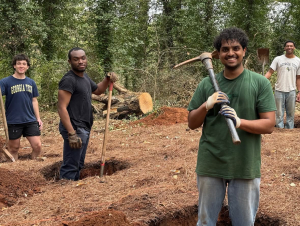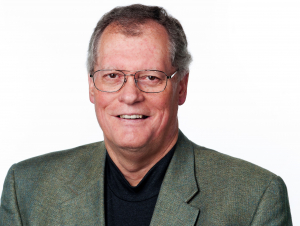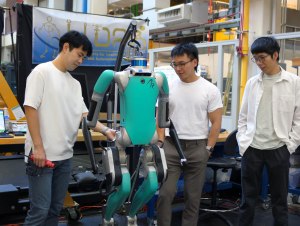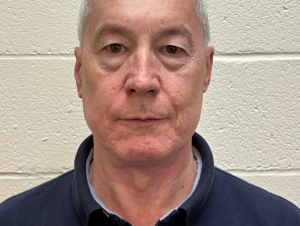To request a media interview, please reach out to experts using the faculty directories for each of our six schools, or contact Jess Hunt-Ralston, College of Sciences communications director. A list of faculty experts is also available to journalists upon request.
News Center
Experts In The News
In the mid-1990s, a Department of Energy-funded project helped catalyze one of the most transformative breakthroughs in American energy history: the development of a horizontal drilling bit capable of withstanding the extreme conditions of shale formations.
Before this innovation, natural gas trapped in tight shale rock was considered too expensive and technically challenging to extract.
The Atlanta Journal-Constitution December 19, 2025In an article published by The Conversation, Benjamin Freeman, assistant professor in the School of Biological Sciences, discusses his research, including a recent study on how mountain birds in the Pacific Northwest are responding to climate change.
The Conversation November 27, 2025







